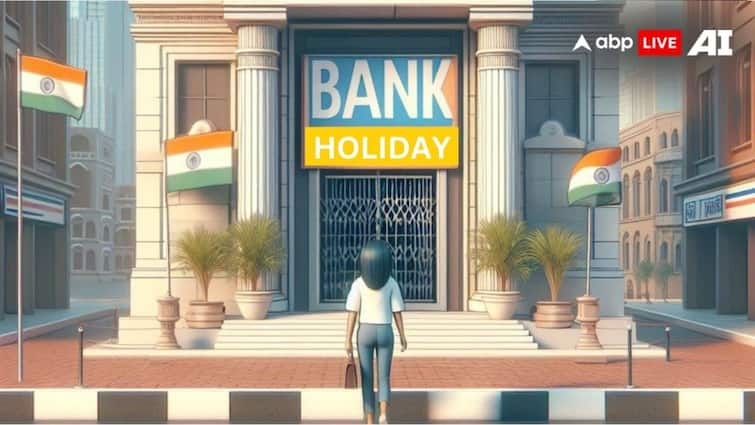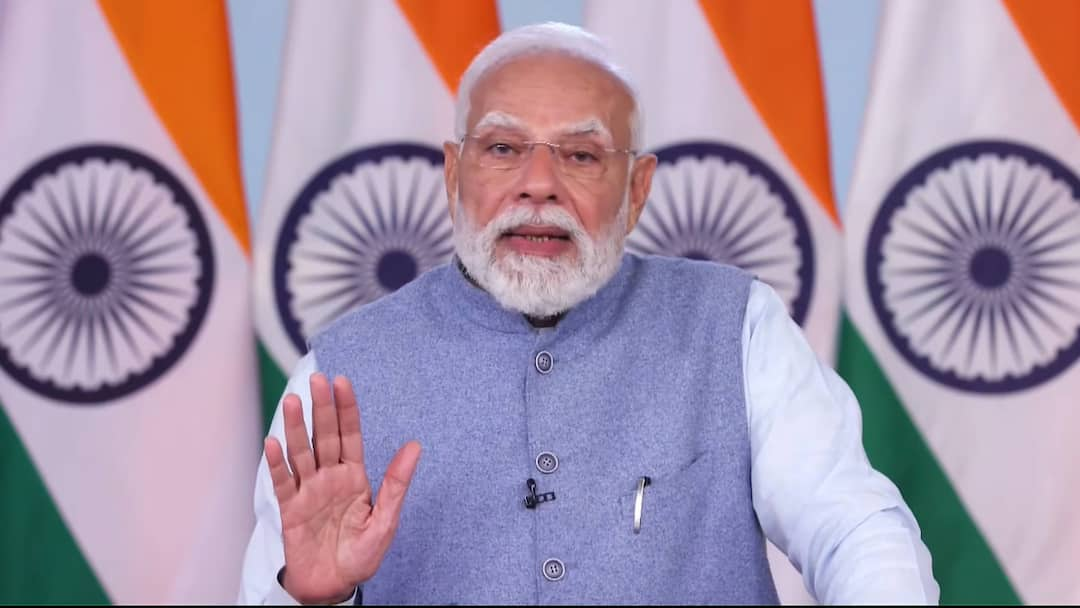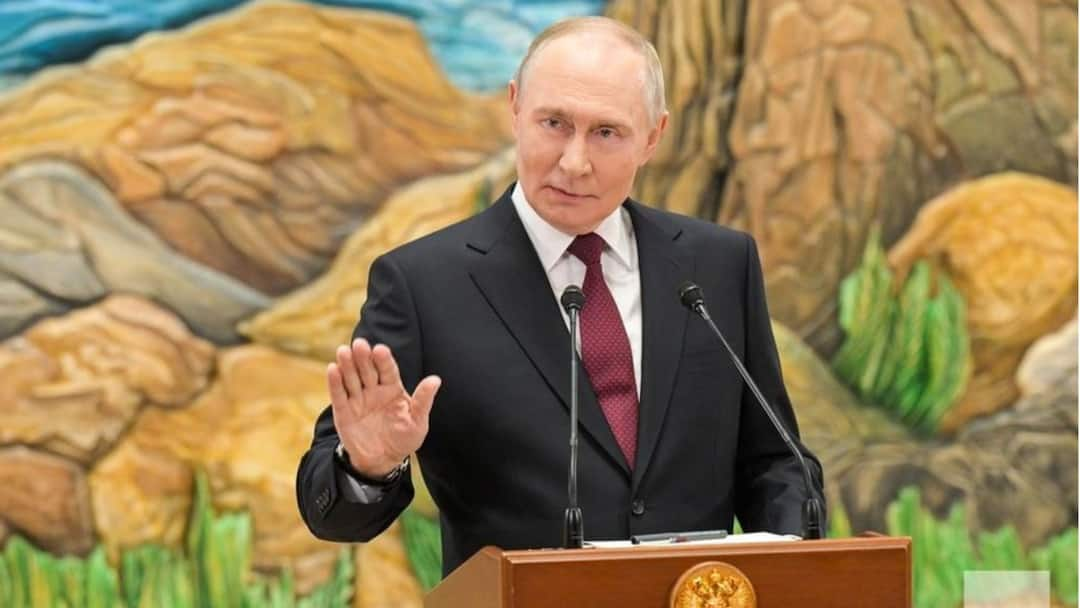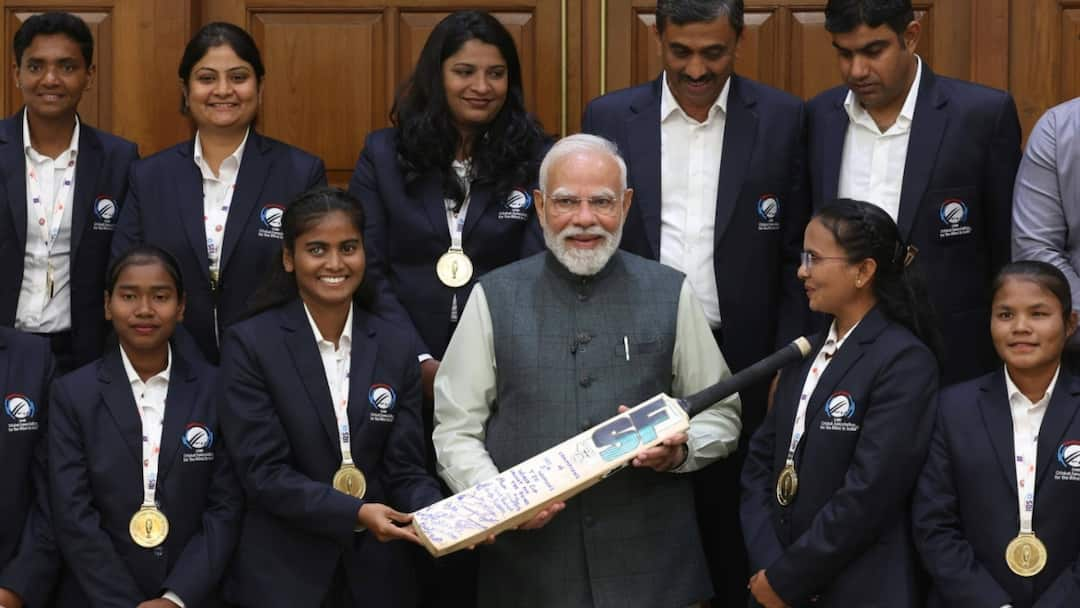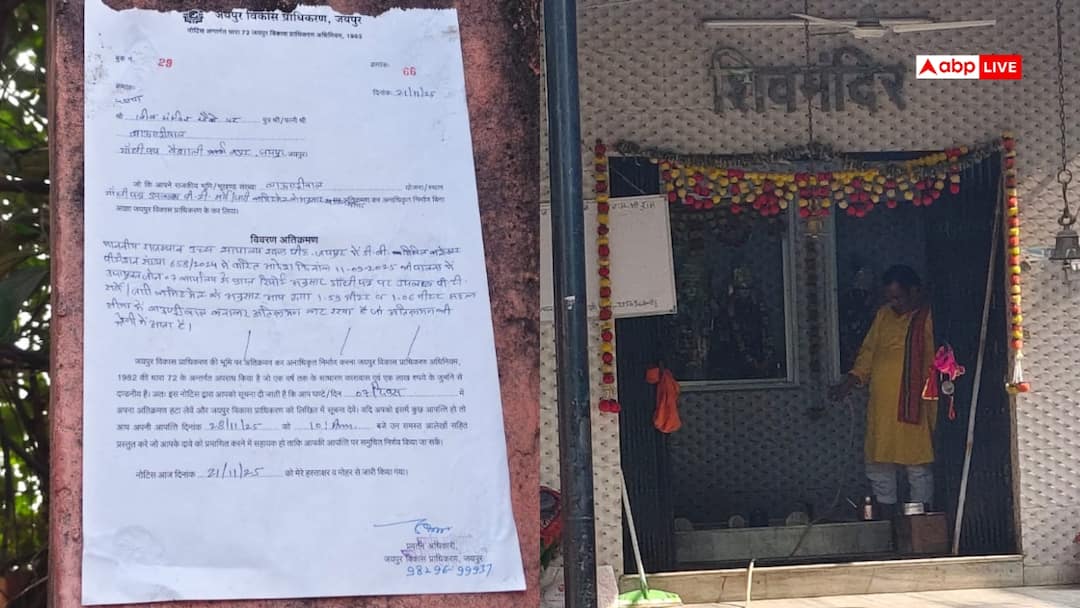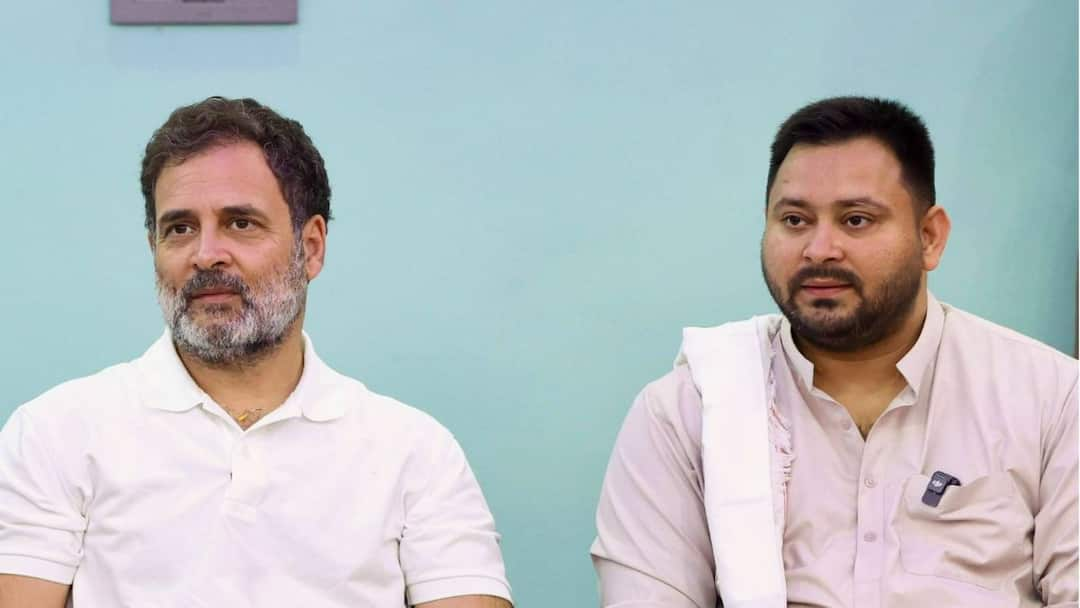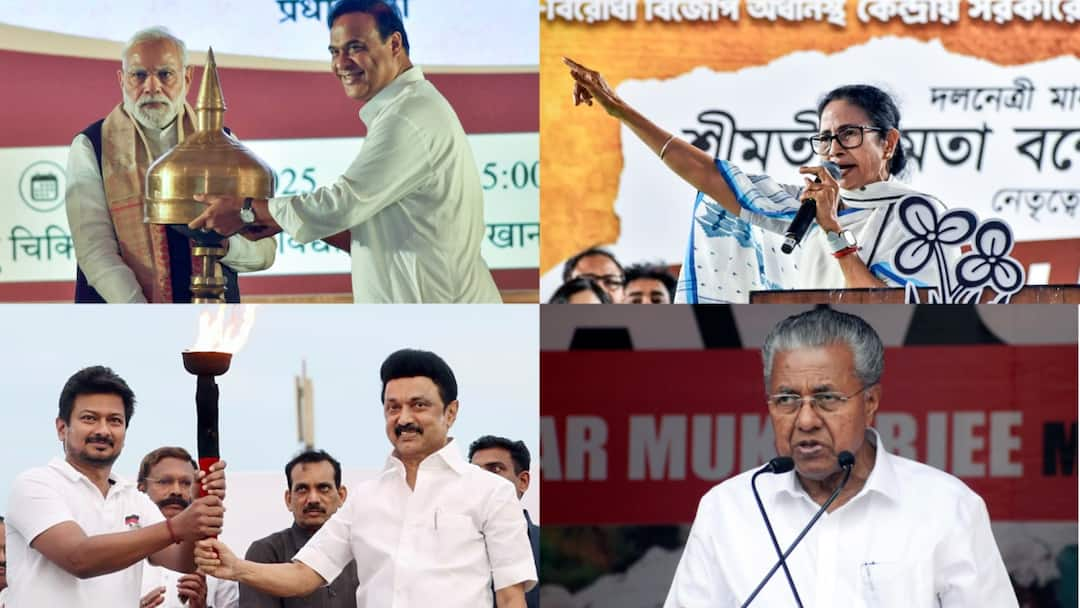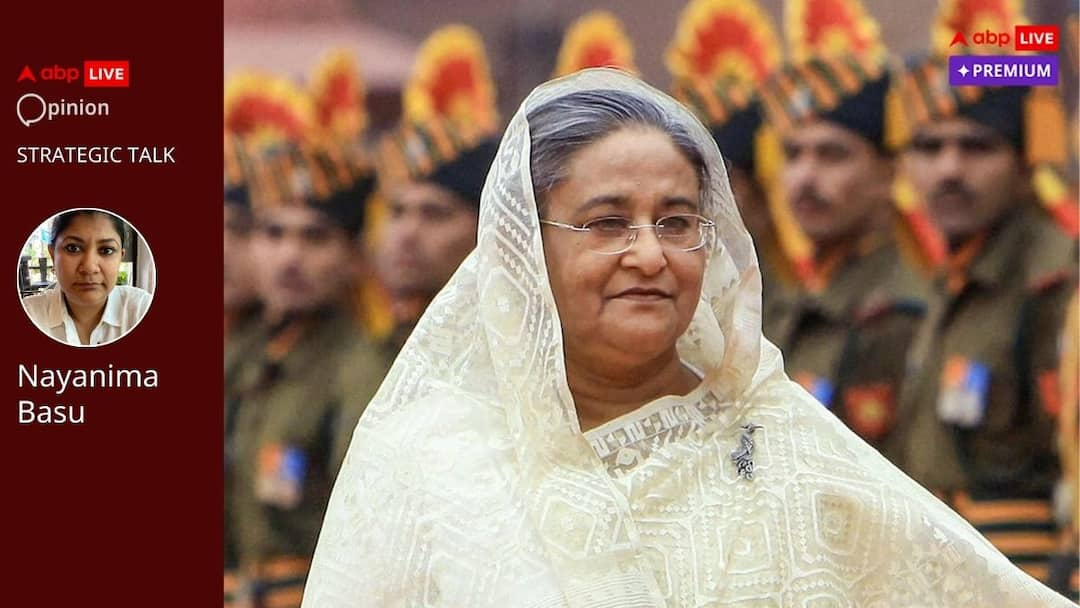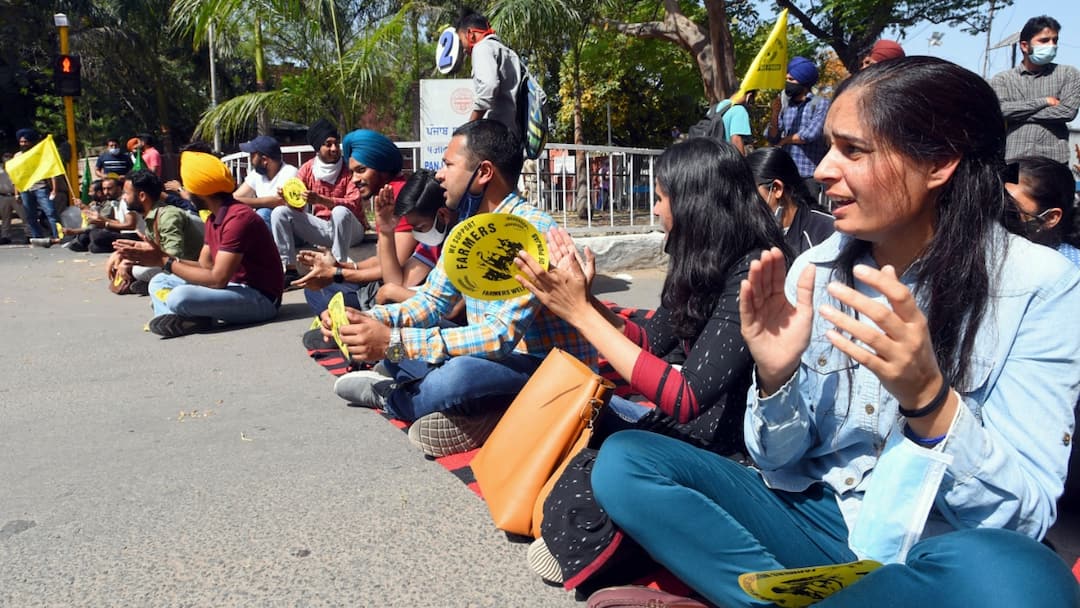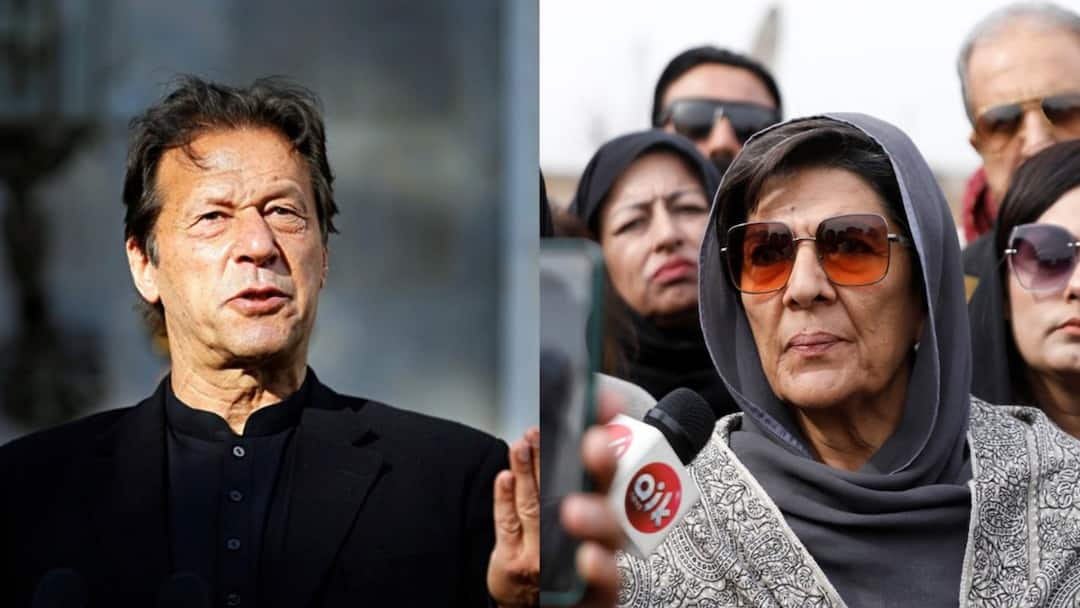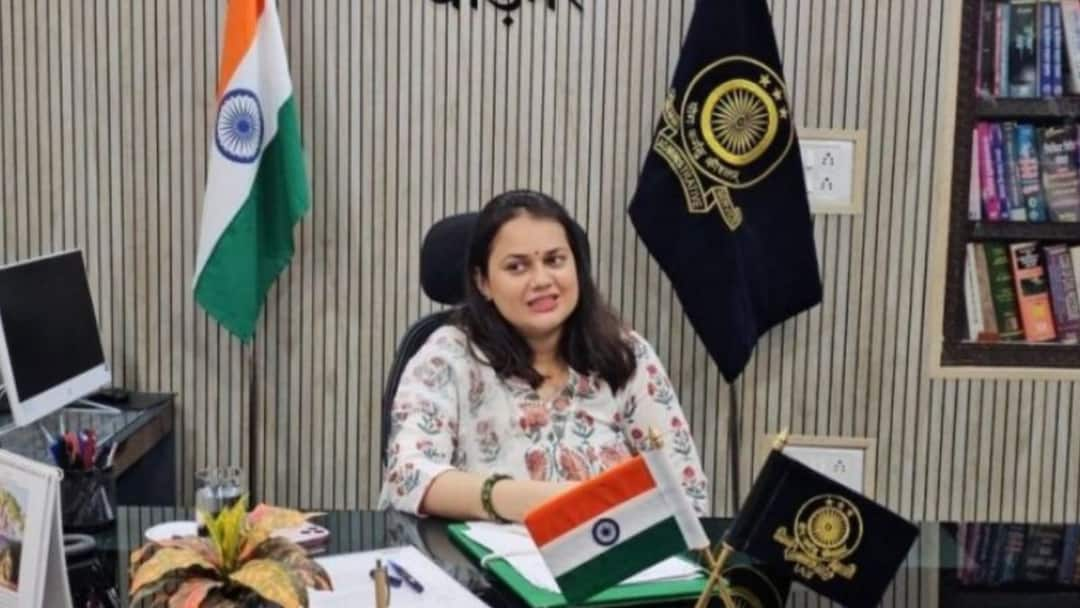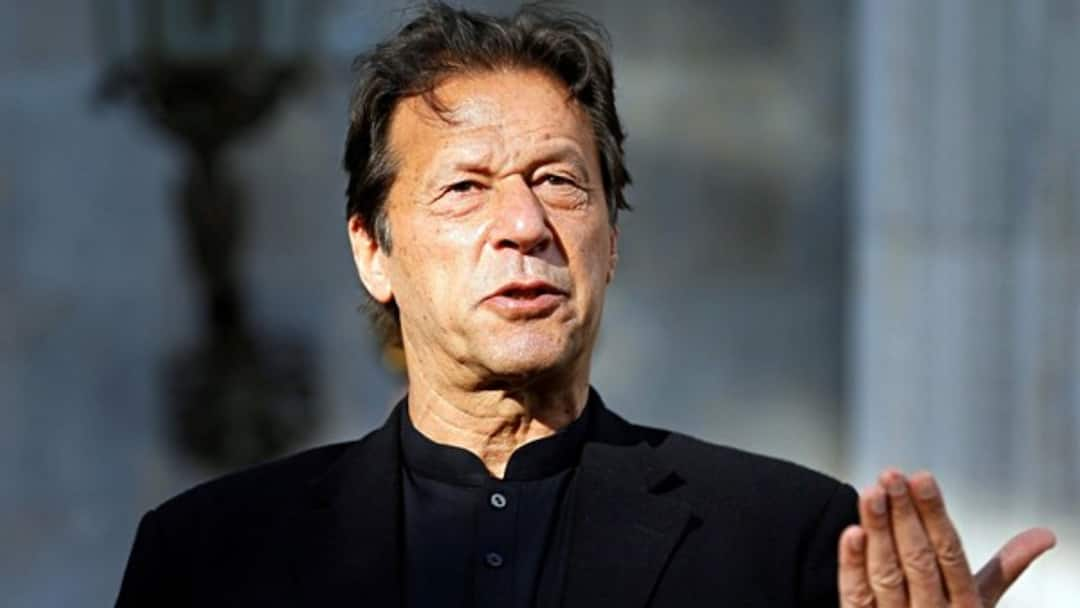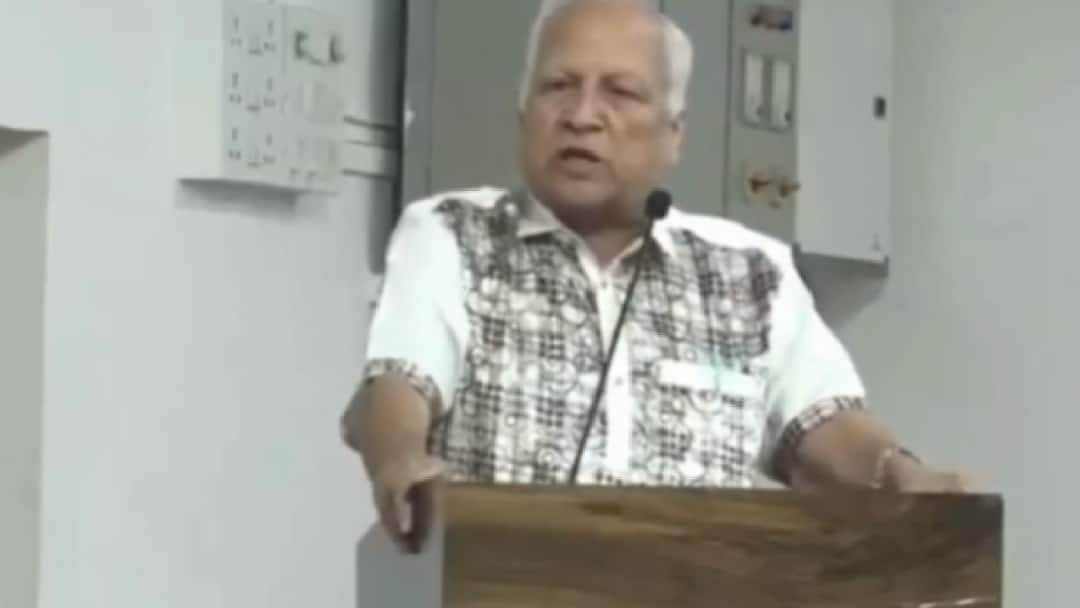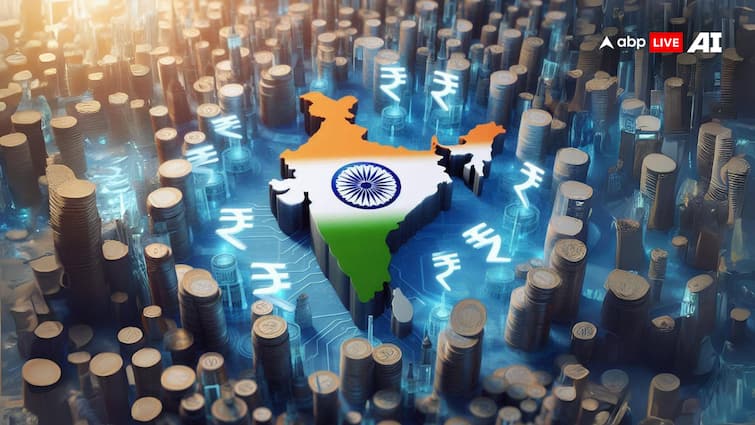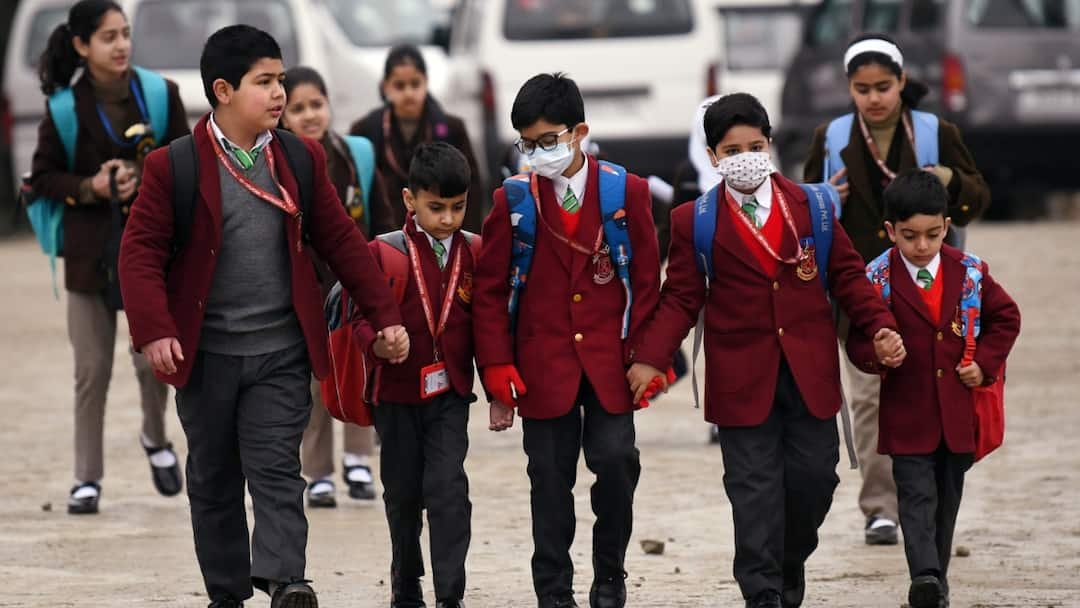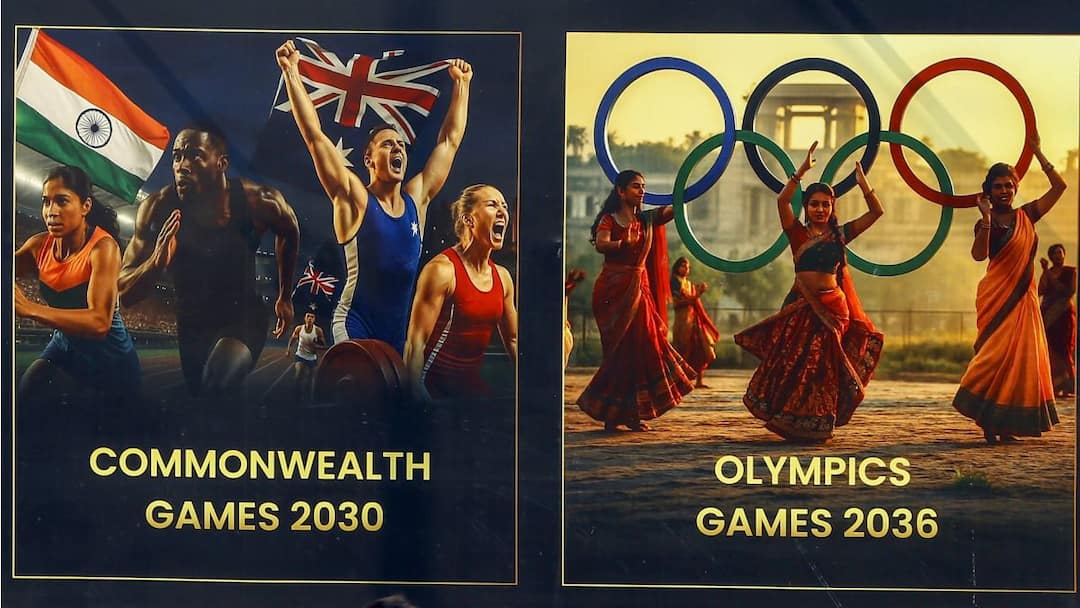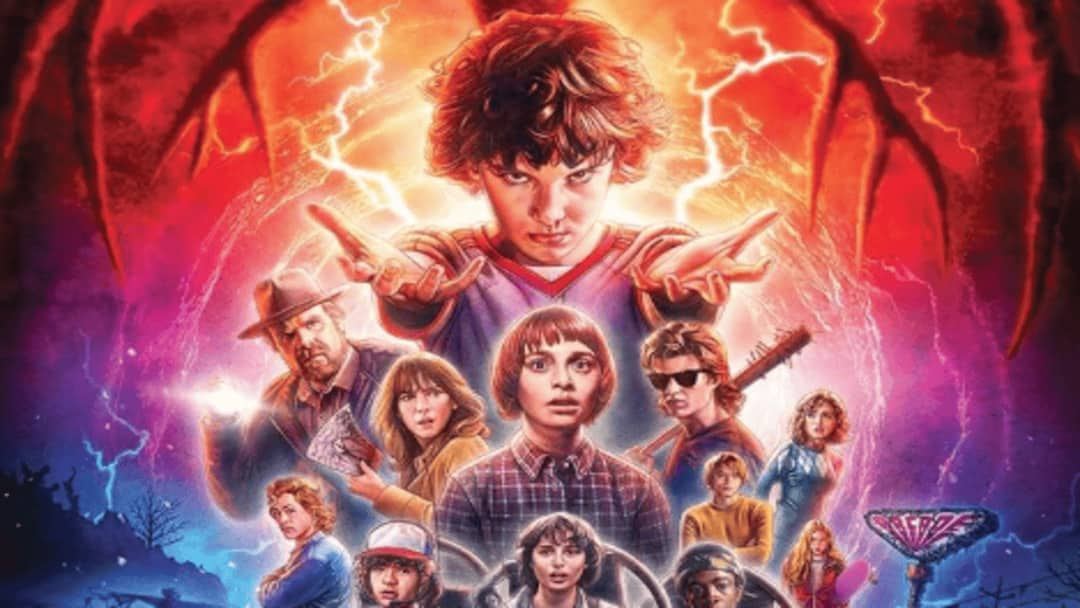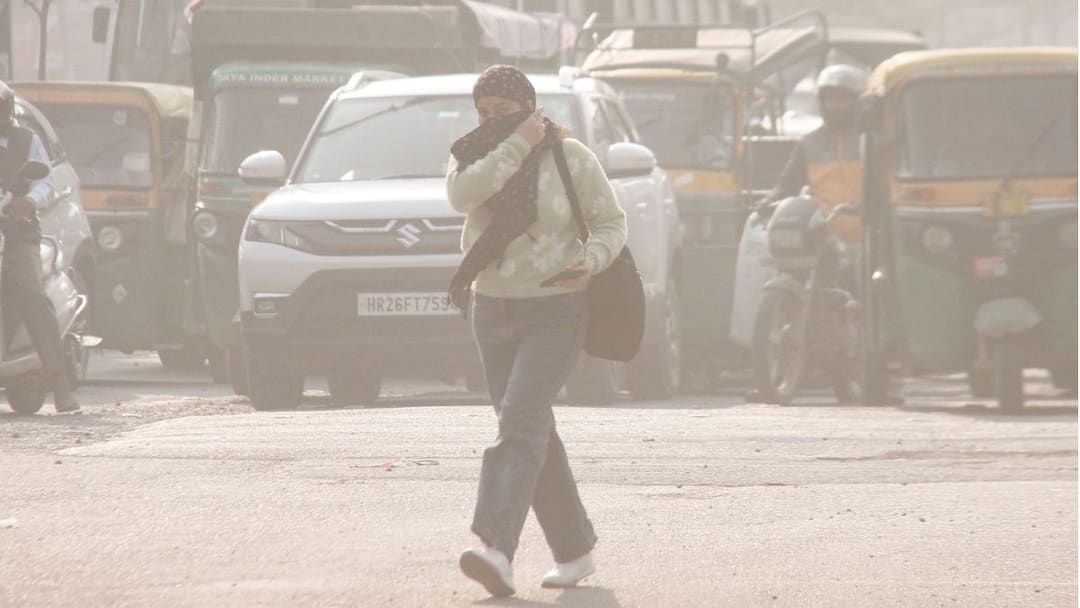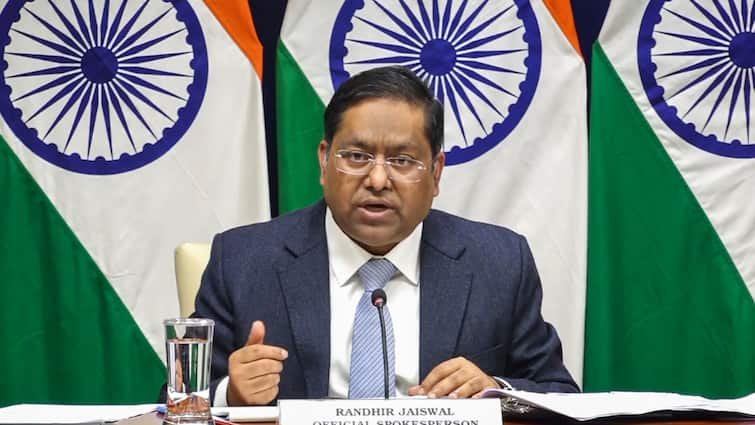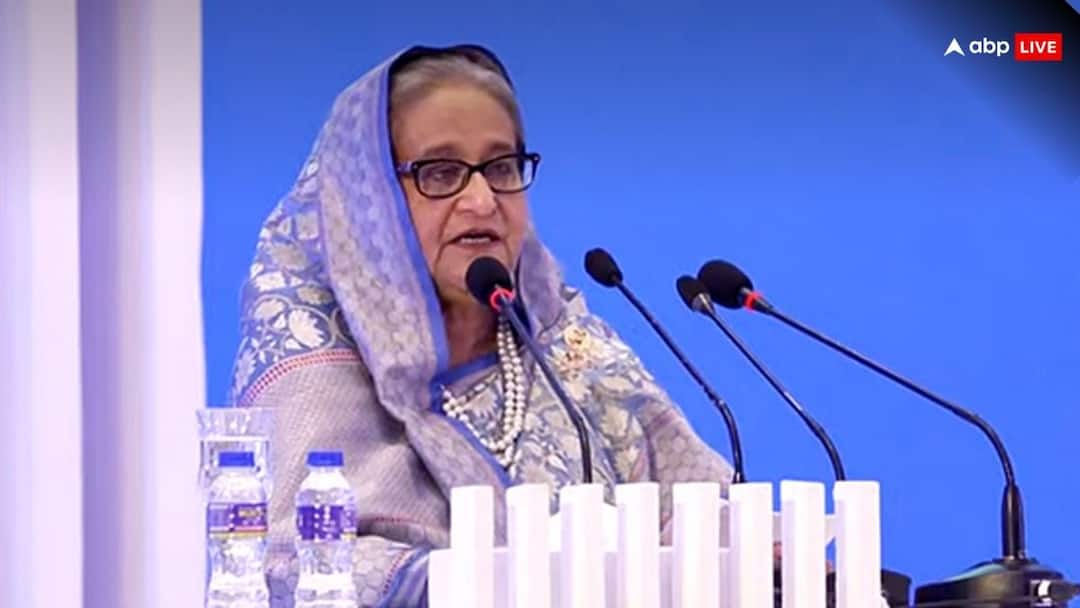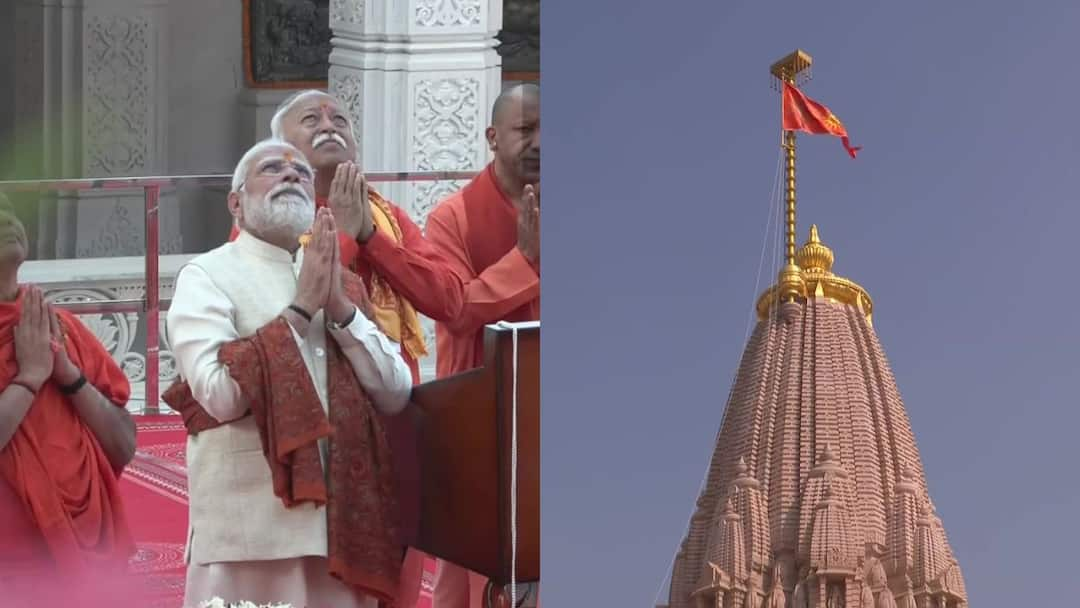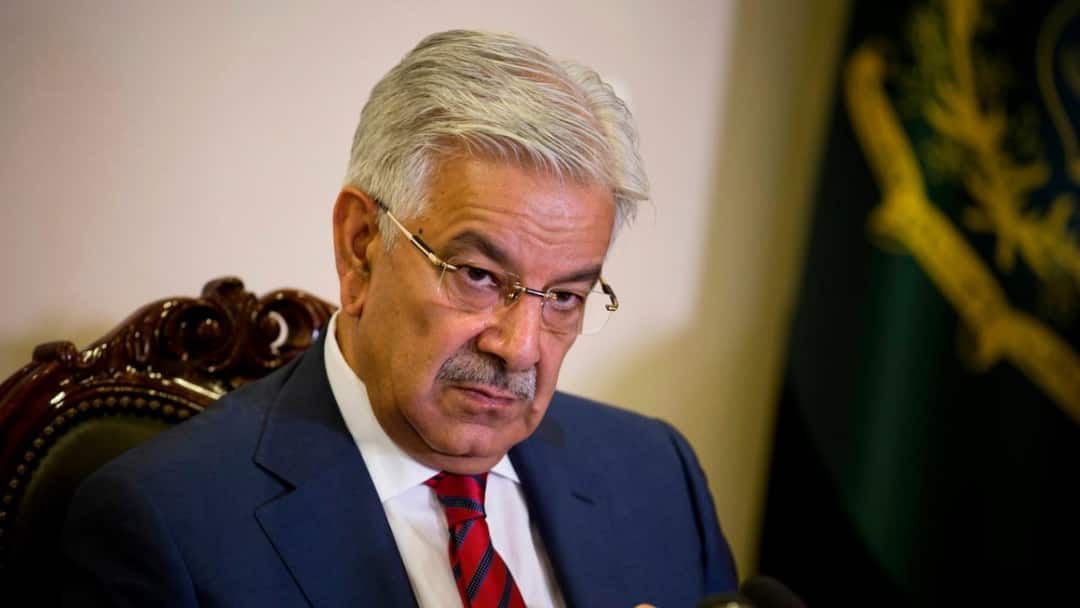
Is online real-money gaming harmless entertainment? Or a ticking national-security problem disguised as an app notification? That is now the central question before the Supreme Court, where the Union government and gaming companies are locked in a high-stakes constitutional battle over India’s 2025 nationwide ban on real-money gaming.
In a detailed affidavit, the Centre has painted the industry as far more than virtual card tables and fantasy leagues, calling it a sprawling, loosely regulated network tied to financial crime, addiction, cross-border fund flows and even terror financing.
Gaming firms, meanwhile, insist they are legitimate businesses unfairly lumped with criminals.
So what exactly is happening? Here’s the breakdown.
Government’s Big Claim: It Isn’t Just Gaming, It’s Crime Infrastructure
The Centre’s affidavit, filed through AoR Sudarshan Lamba, argues that real-money gaming has morphed into a high-risk ecosystem. According to the government, enforcement agencies have tracked links between gaming networks and drug cartels, crypto-smuggling networks, hawala operators and organised crime.
The affidavit says the escalation in suspicious transaction reports tells its own story: from a single enquiry in FY 2019-20 to more than 200 by FY 2023-24. Those transactions spanned more than 7,000 bank accounts and saw over Rs 5,700 crore pushed to offshore jurisdictions with lax oversight.
Officials accuse platforms of using mule accounts, crypto layering, offshore shell companies and digital anonymity to route illicit funds. The government has even offered to show the Supreme Court “classified material” in a sealed cover to establish links to drug trafficking, human trafficking and arms smuggling.
Human Cost: Suicides, Addiction and ‘Aggressive Hooking’ Techniques
Beyond finances, the affidavit shifts tone, from economics to public tragedy. The government claims the industry has caused widespread mental health harm, especially among younger and economically vulnerable groups.
It lists suicide data submitted by states:
- Karnataka: “32 suicides linked to online money games” between January 2023 and July 2025.
- Telangana: “20 suicides linked to online money games in last year alone.”
- Tamil Nadu: “More than 30 suicides” in recent years.
The affidavit says “approximately 45 crore individuals have been affected”.
The government argues life cannot be collateral damage in a business model: “There can be no right to profession or trade at the cost of human lives.”
It also accuses platforms of using addictive algorithms, bots and manipulative game design, amplified by celebrity endorsements.
Who Regulates Digital Gambling , States, or Centre?
Gaming companies argue the ban violates constitutional guarantees, including the right to run a business under Article 19(1)(g), and interferes with state authority over gambling.
The Centre counters with a simple question: If the platform exists only on the internet, crosses borders with one tap, and uses telecom infrastructure, isn’t it clearly a national-level business?
According to the affidavit, online gaming falls under Parliament’s domain via:
- Entry 31 (Communication Systems)
- Entry 42 (Interstate Commerce)
- Entry 97 (Residuary Powers)
The government says fragmented state-by-state regulation had created “regulatory chaos” , a digital version of different traffic rules at every junction.
Also, for clarity: the ban does not apply to e-sports or games without real-money stakes.
Petitioners Push Back
Companies like Head Digital Works argue the law is excessive and unconstitutional, especially because courts have previously recognised games of skill as different from gambling, as reported by LawBeat.
They argue the ban violates Articles 14, 19, 20, 21, and 301. They also point out that the skill vs chance question is still undecided at the Supreme Court in the pending Gameskraft case.
The Larger Context: A Moment That Will Shape India’s Digital Economy
What started as a legal challenge to a gaming ban has become a much bigger constitutional debate: How far can the state go to regulate digital behaviour? And when does entertainment become a public-health hazard?
For now, the Supreme Court remains the referee, and the final ruling could decide the fate of an industry worth billions, a policy experiment, and possibly the digital habits of millions.
One thing is clear: the Court isn’t just hearing a case about games. It’s hearing a case about the kind of digital society India wants to become.
Doonited Affiliated: Syndicate News Hunt
This report has been published as part of an auto-generated syndicated wire feed. Except for the headline, the content has not been modified or edited by Doonited






